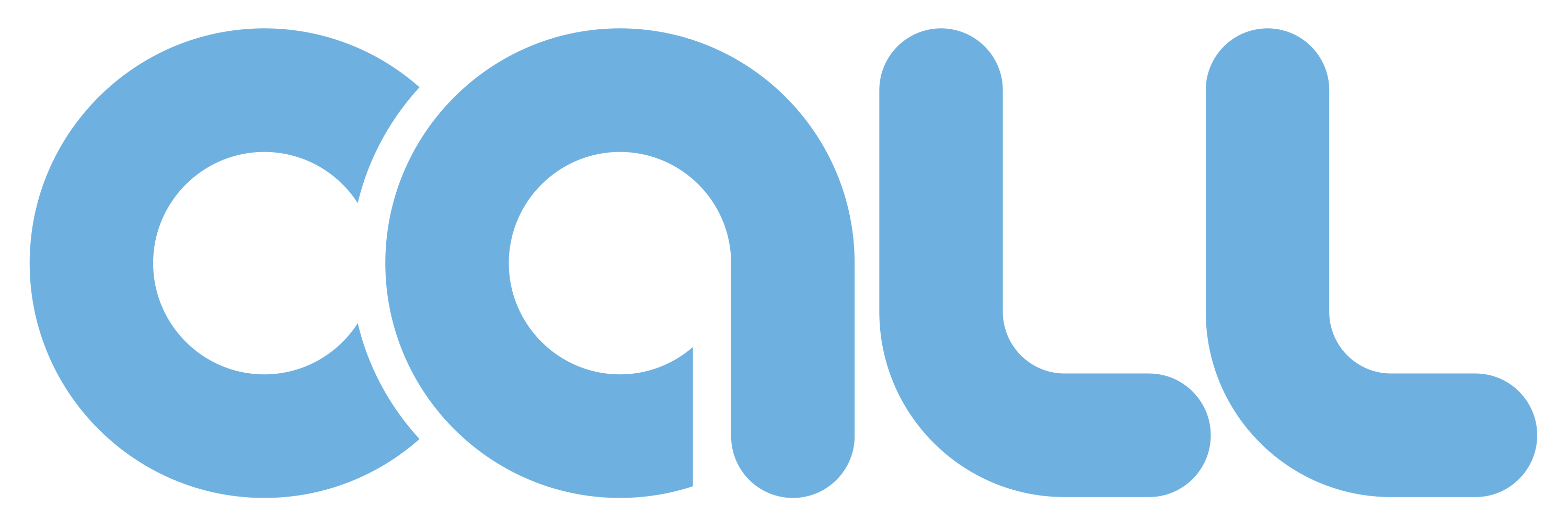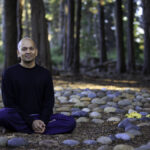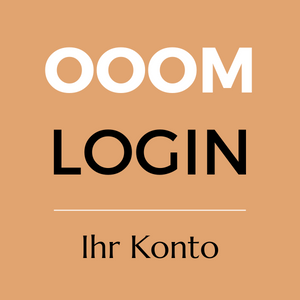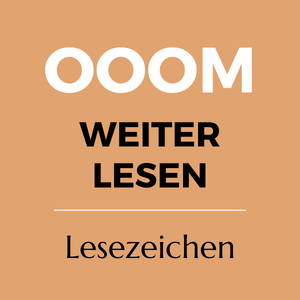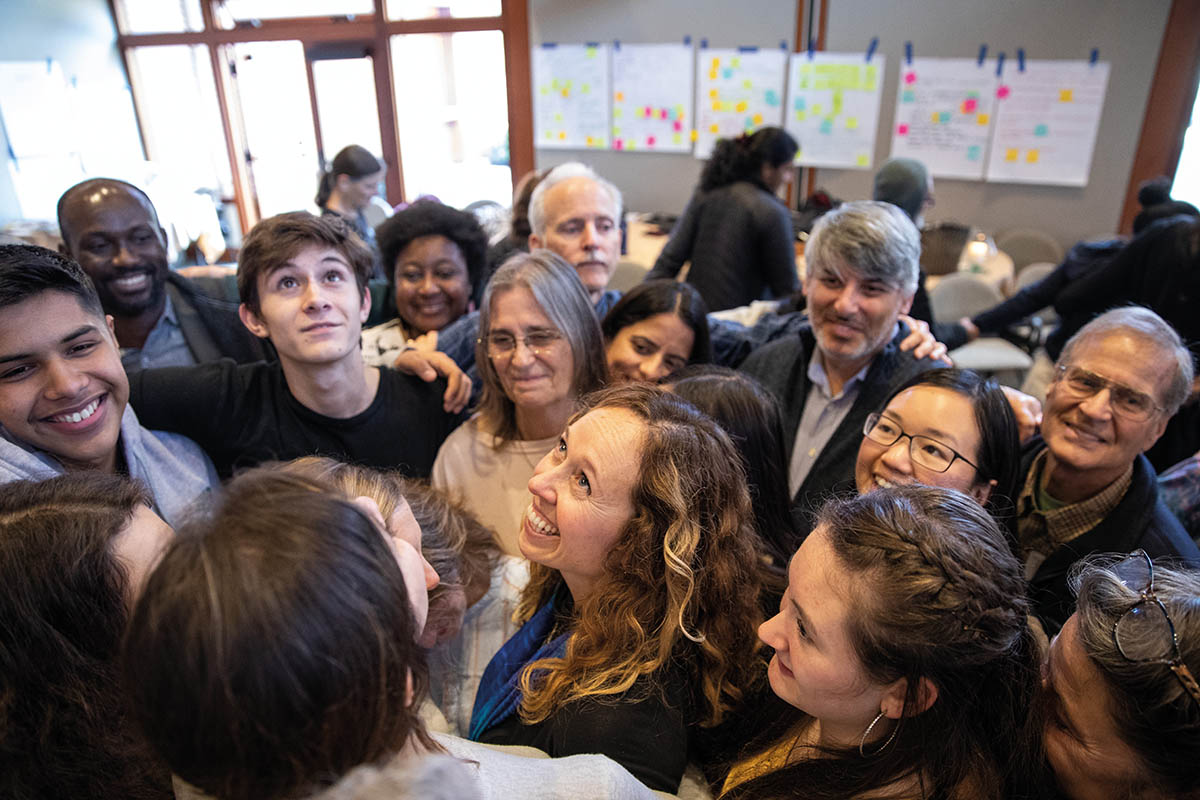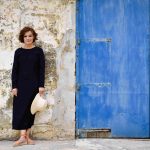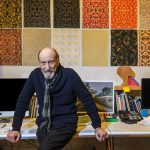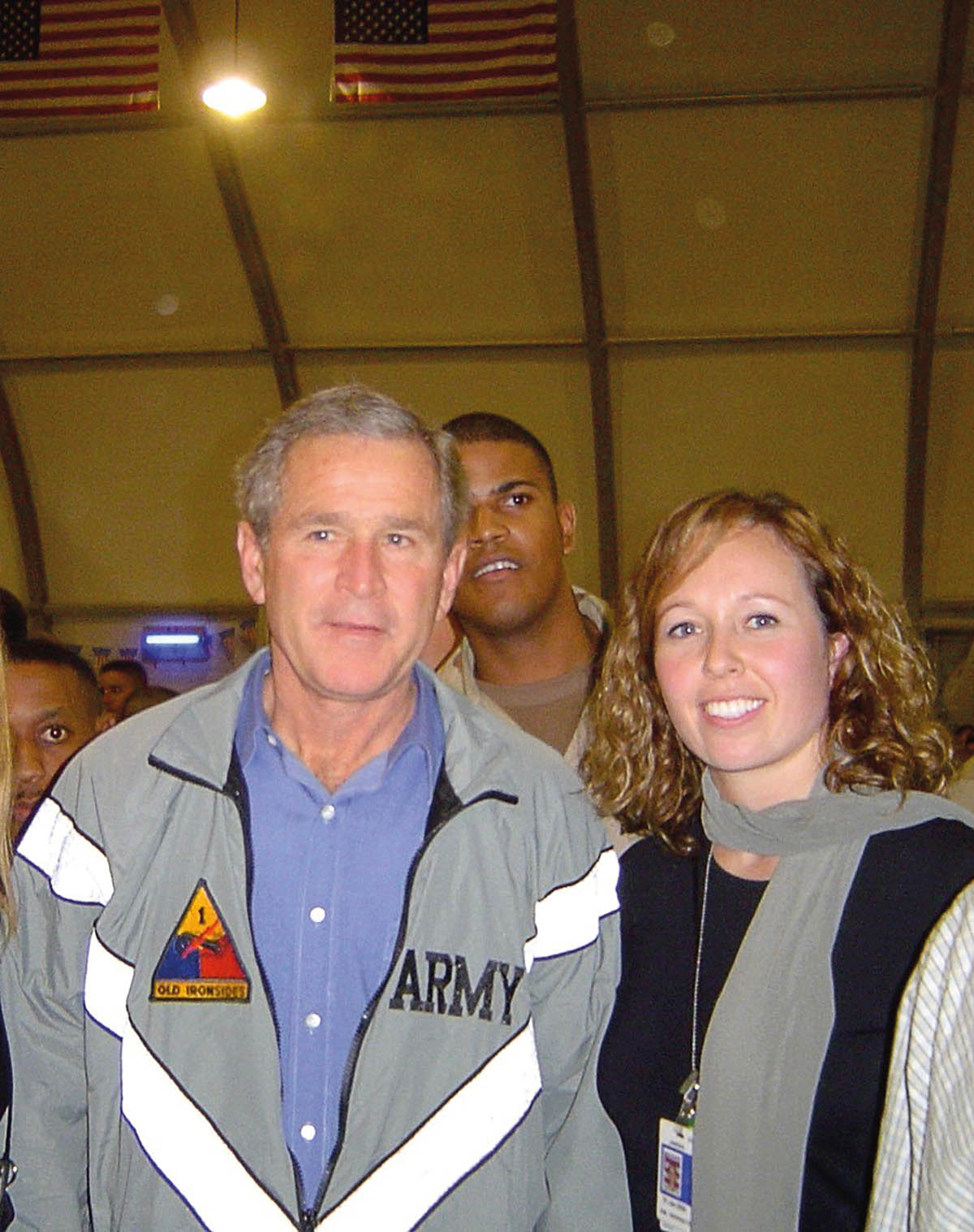
Have you been welcomed as an American to help build a new democratic Iraq?
In the past, I only met the Iraqis in prison during the offensives. Moving on to a collegial meeting and brainstorming together was very touching. People said, “Thank you for getting rid of Saddam for us.” But then also, “When are you gonna get the power back on?” So there was a feeling of real openness and warmth and kindness, but of course as an occupying force you were also responsible for all the things that went wrong.
Why did you found the Euphrates Institute when you came back in 2005?
In Iraq we have always reacted to things, it was a crisis-driven mentality. Nobody had time to think big about change. Through my own experience of meeting people on a personal level and the impact this had on Iraqi politics and the American leadership, I realized that I wanted to do things differently. I had this vision of “turning the other into a brother” in mind. My first goal was to improve relations between the two core global entities, the Middle East and the West, or Christianity and Islam. It has to come out of people’s minds that all Arabs are terrorists, or all Muslims are violent. If we brought this understanding to the wider public, we could improve collective relations, and this could have an impact on the whole world. That was the goal. And I didn’t think that the potential for this was possible, either with the government or with anyone else. So I started my own Euphrates project as soon as I got back and put all my savings into it.
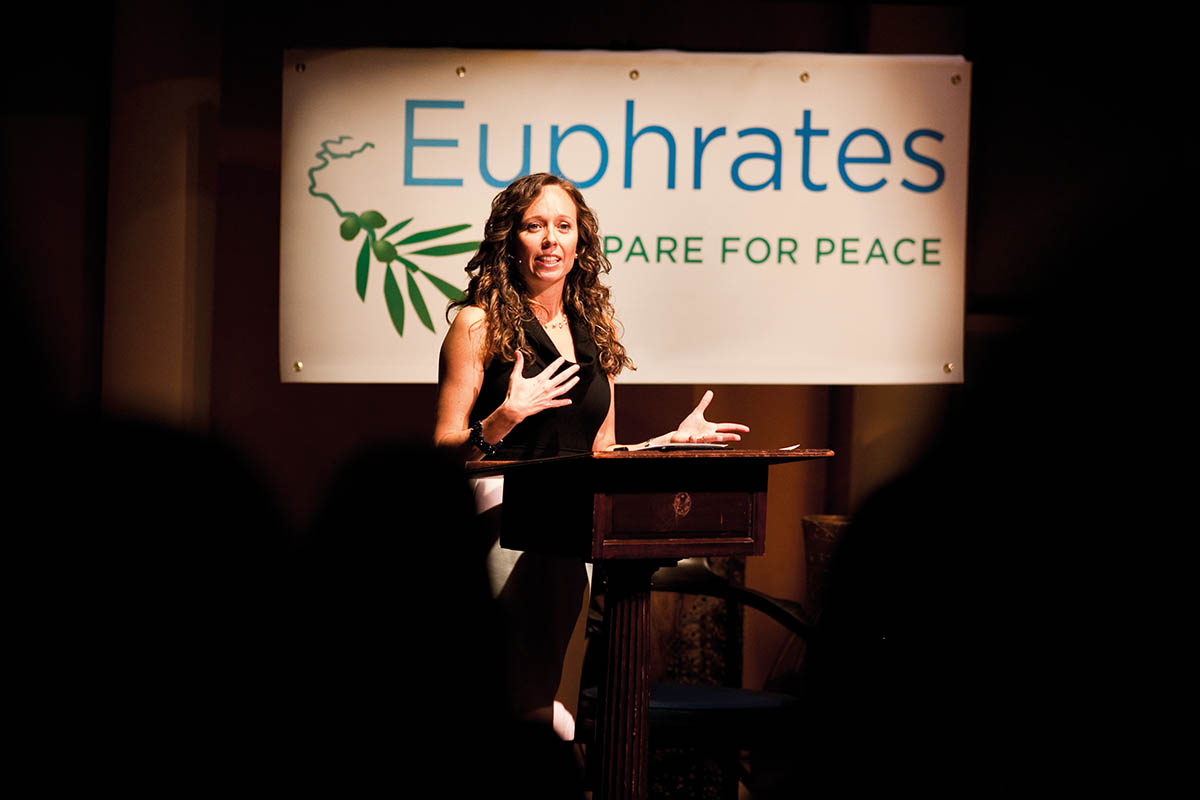
Your institute supports so-called peacebuilders who are based locally. It is therefore more about working from within than about exerting influence from outside.
We try very hard to act in the form of a grassroots movement. Many people want to change something in their own community and move from a conflict-oriented to a peace-oriented way of thinking but feel that they are facing great obstacles or are completely on their own. As a community, we can encourage these people, support them, offer training and financial support. We are currently active in 15 countries with about 30 projects. The core team consists of five people who manage the community of peacebuilders from America and ensure that they can work effectively and purposefully in their countries.
What are typical projects that happen there?
Our peacemaker in Côte d’Ivoire was the only one who wanted to reconcile a conflict between two rival tribes. A young woman from India wanted to counter the unrest in her region by making peace. She felt insanely discouraged. But thanks to the support from the USA and other peacebuilders, such as from Cameroon, she was able to find hope again. Every year we also present the Euphrates Visionary of the Year Award. It’s about having your finger on the pulse of what’s going on in the world this year. In the year when the Syrian War and the refugee crisis took place, we focused on Syria. We had found a young woman who had founded schools for Syrian refugees and we put her in the spotlight.
